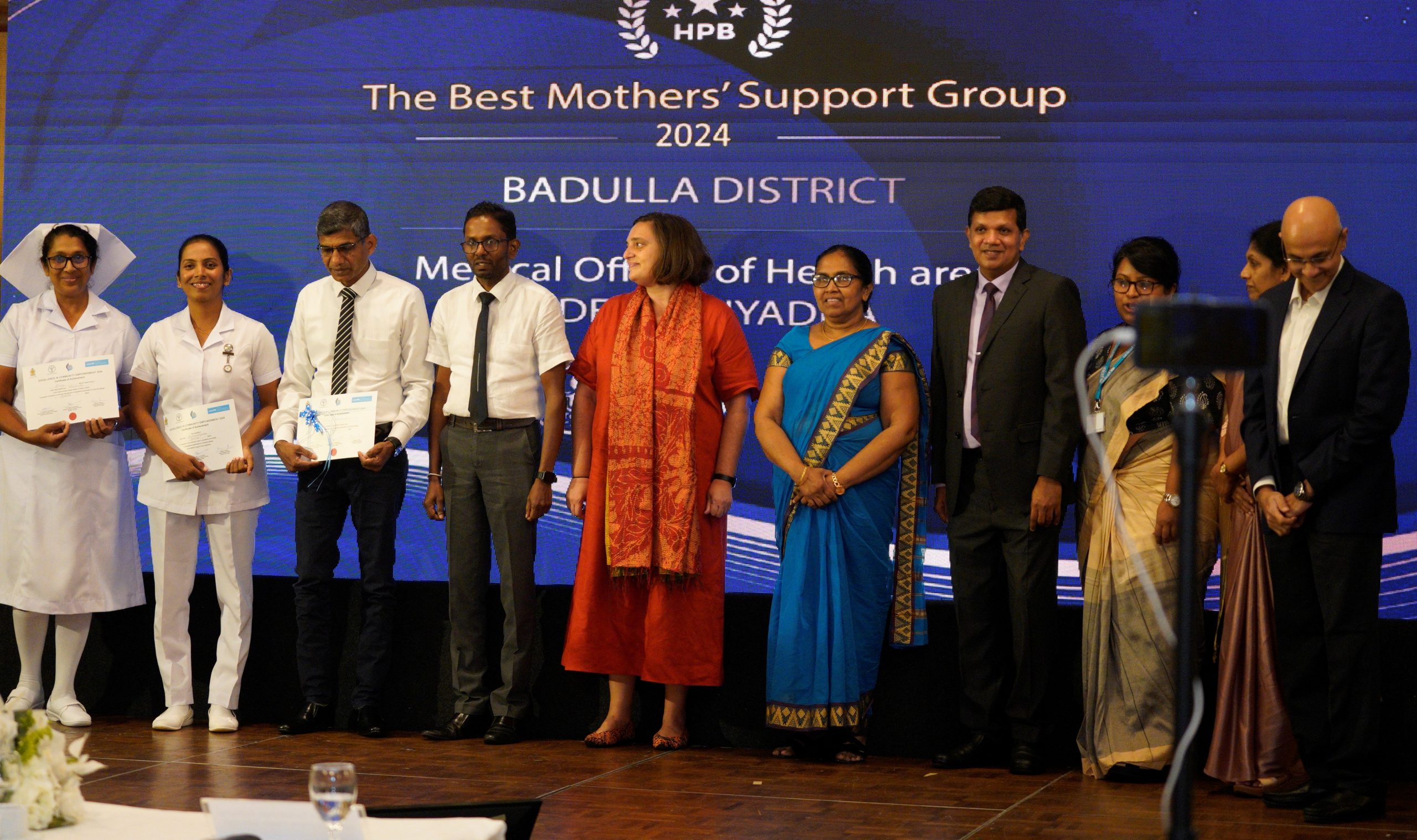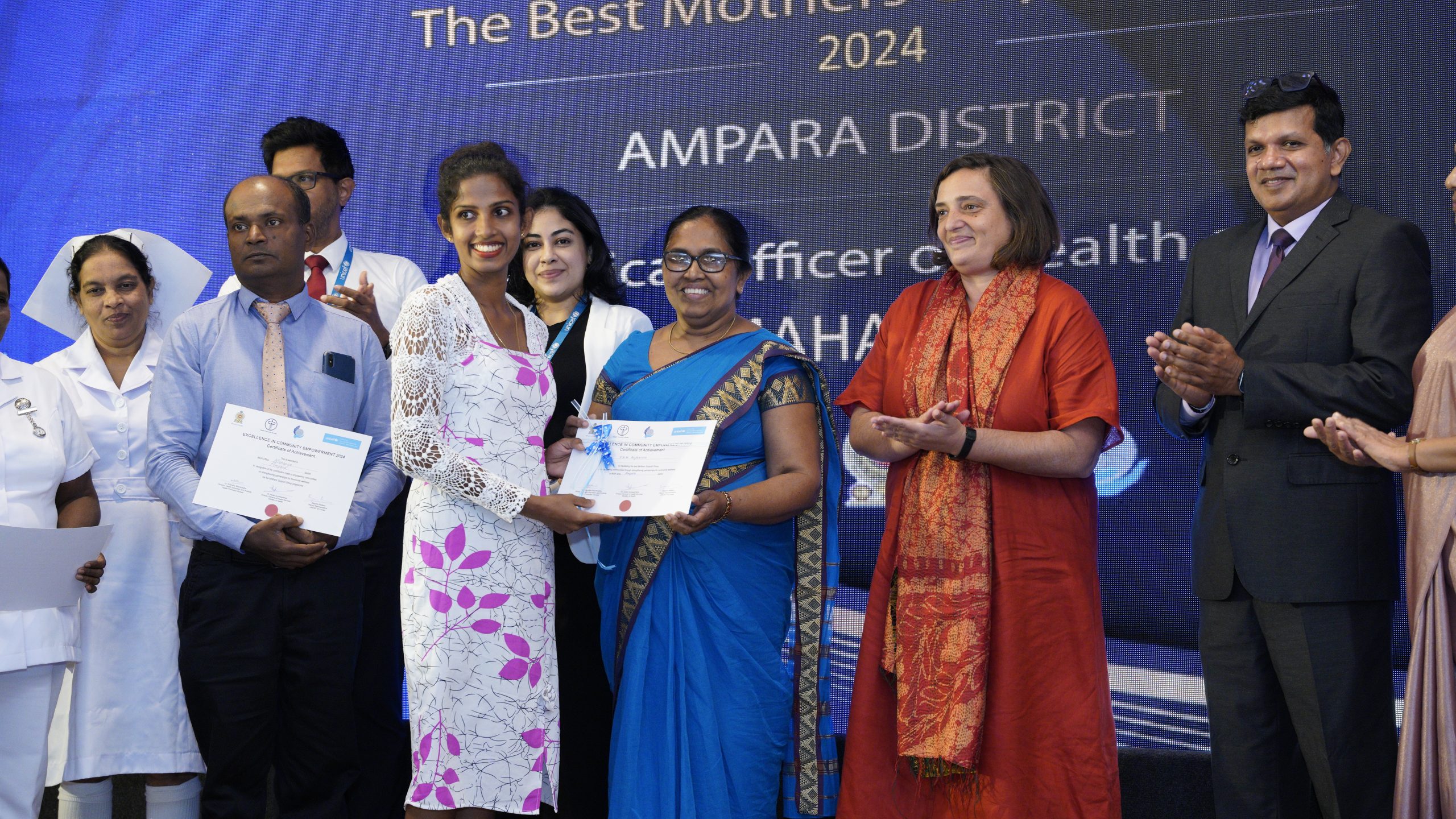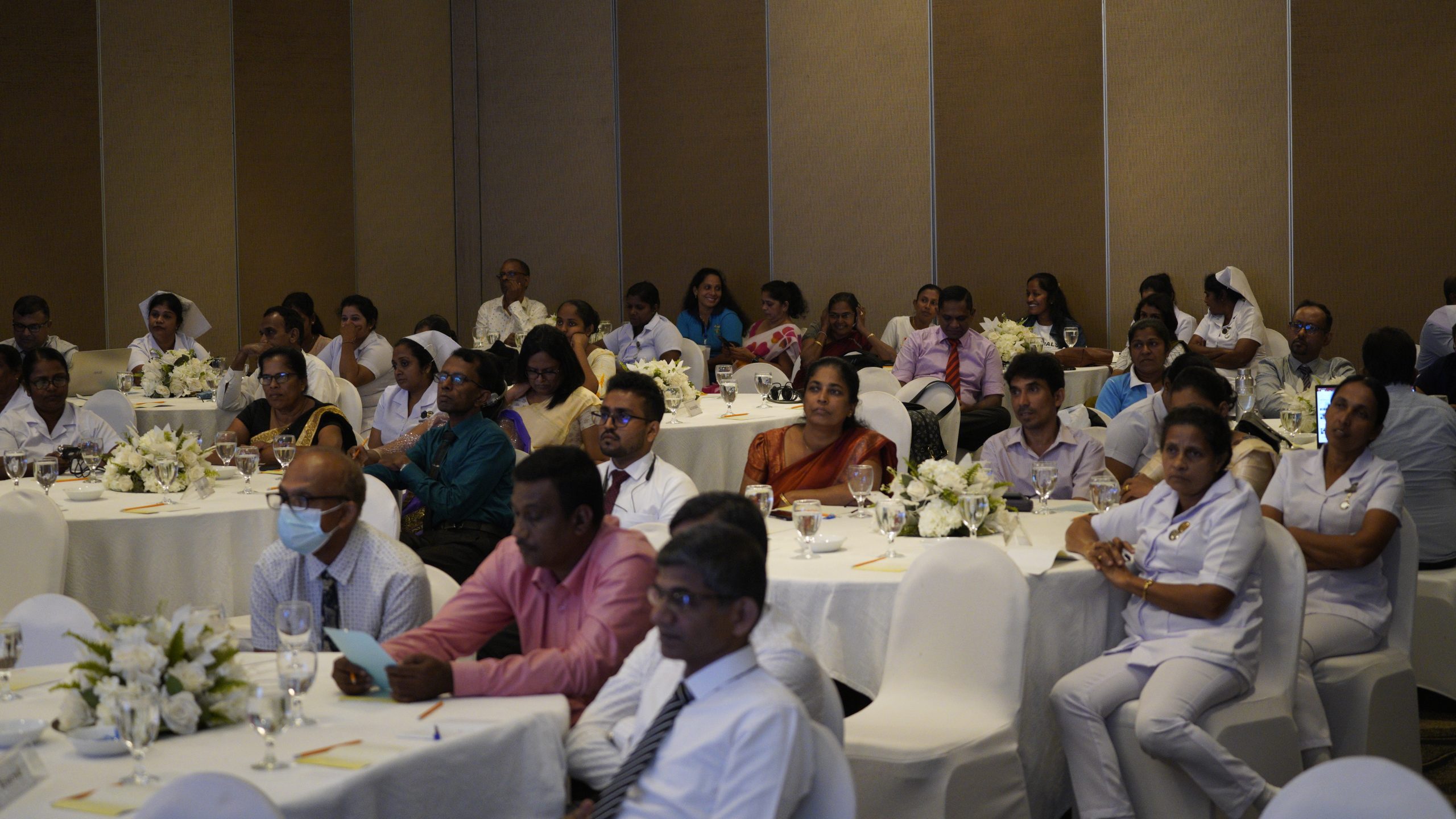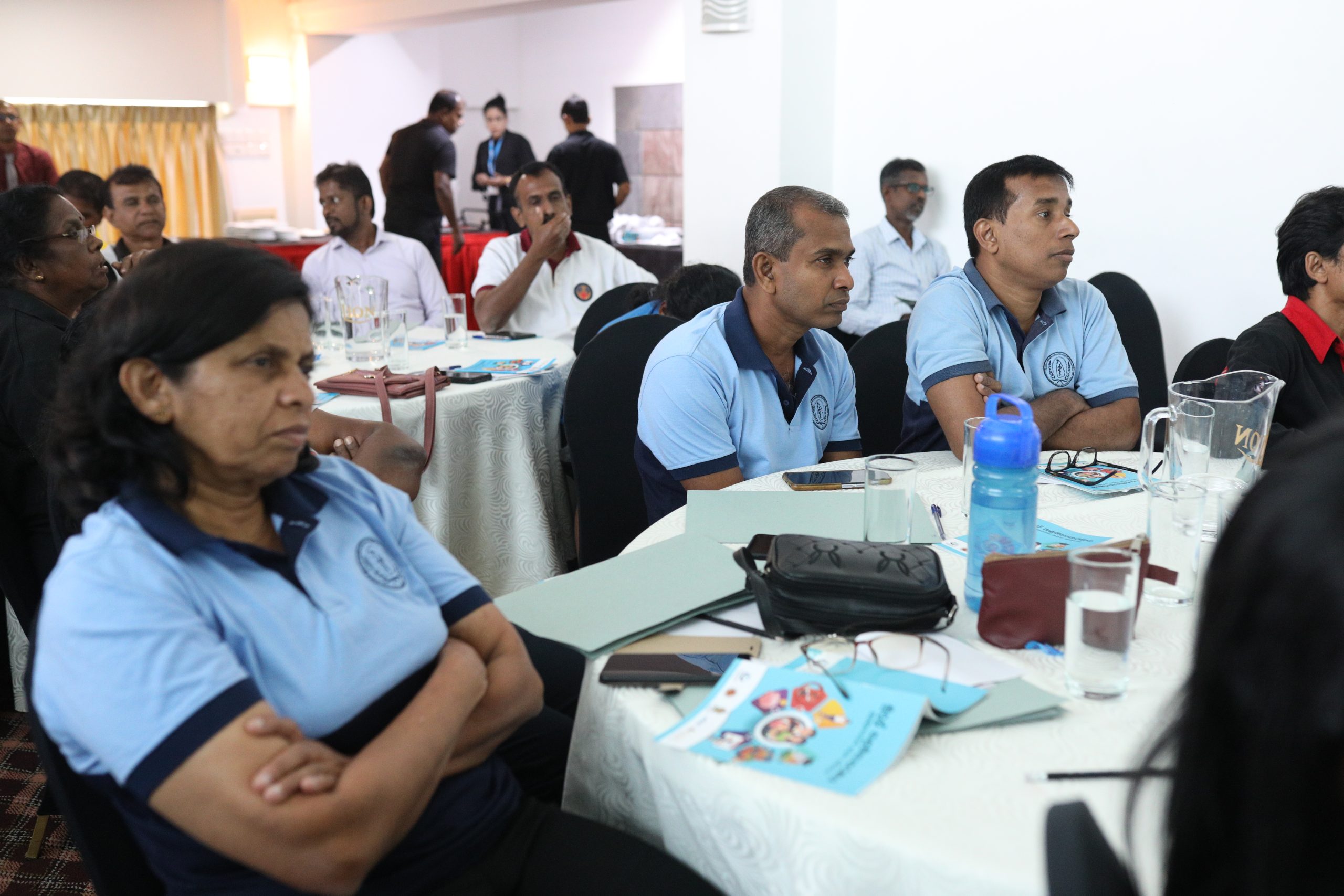Overview
Mothers’ Support Groups (MSGs) are community-based organizations focused on improving nutrition and promoting healthier behaviors. They are guided by the Health Promotion Bureau (HPB) and implemented at the field level by Public Health Midwives (PHMs), supervised by the Medical Officer of Health (MOH). HPB monitors and evaluates these groups, conducting annual national-level accreditation and providing an activity package with essential health and nutrition messages. A mobile app platform is also used to track MSG activities.
To ensure consistent messaging, HPB organizes National Level Training of Trainers (TOT) workshops for Health Education Officers (HEOs). Additionally, HPB develops and distributes Information, Education, and Communication (IEC) materials to the community. District-level training programs aim to raise awareness, strengthen community involvement, and equip local leaders with skills for effective MSG implementation, ensuring that health and nutrition priorities are met.
Gallery
Activities
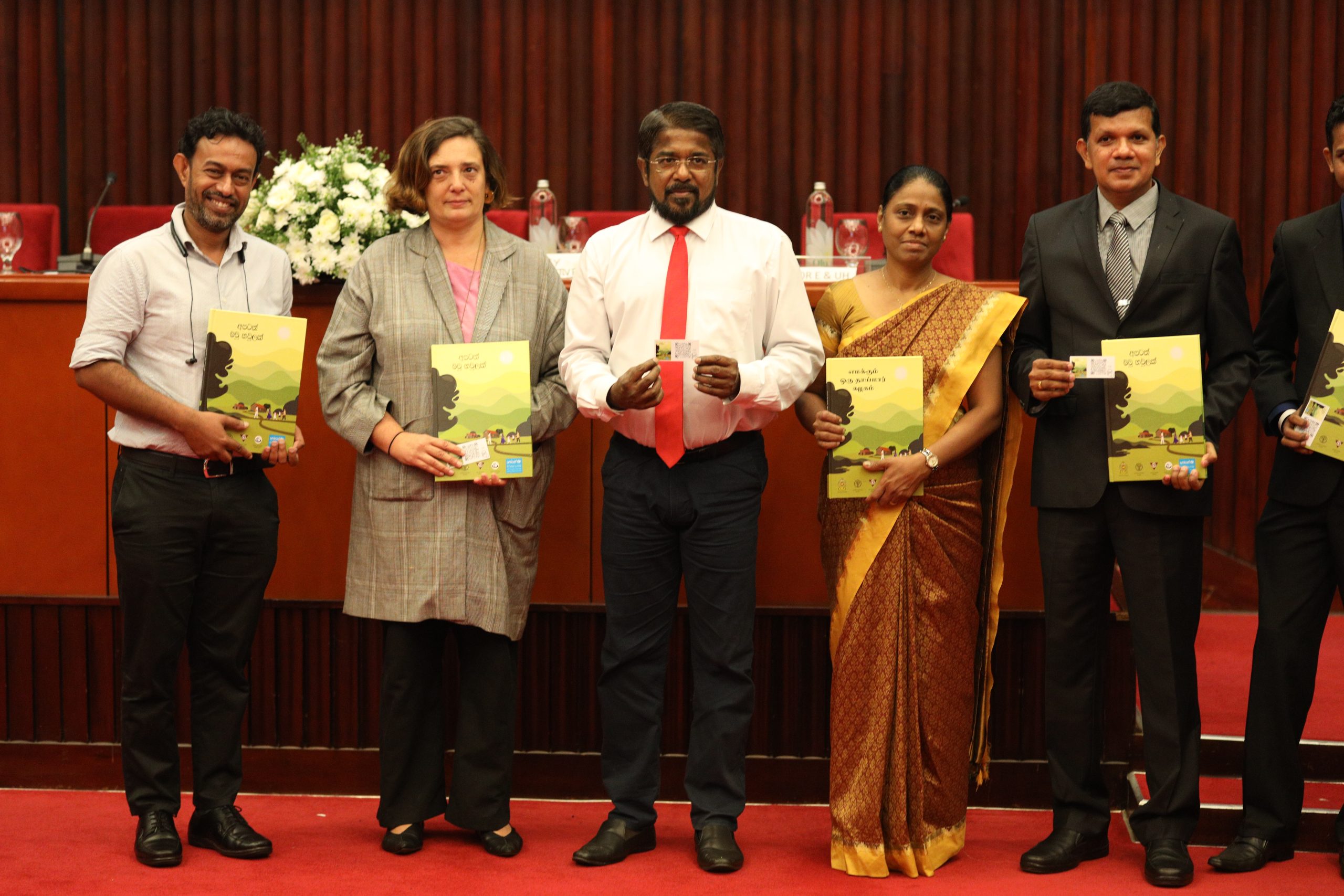
MSG booklet “Apatath Mavu Havulak” book launching programme.
HPB has developed comprehensive guidelines and a handbook for field-level officers to ensure the effective operation of community support groups. This user-friendly booklet aims to clearly outline the interventions, activities, and steps required, all presented in simple language to address identified needs. In response to this, the “Apatath Mavu Havulak” booklet was created with technical guidance from the Health Promotion Bureau, Family Health Bureau, and the Estate and Urban Health Unit.
A one-day dissemination workshop was successfully held on November 9, 2023, at the BMICH. The event featured a book launch, shared the findings from the MSG need assessment survey conducted by HPB with support from UNICEF, showcased a success story from one of the mother’s support groups in the field, and included a multi-stakeholder discussion on plans.
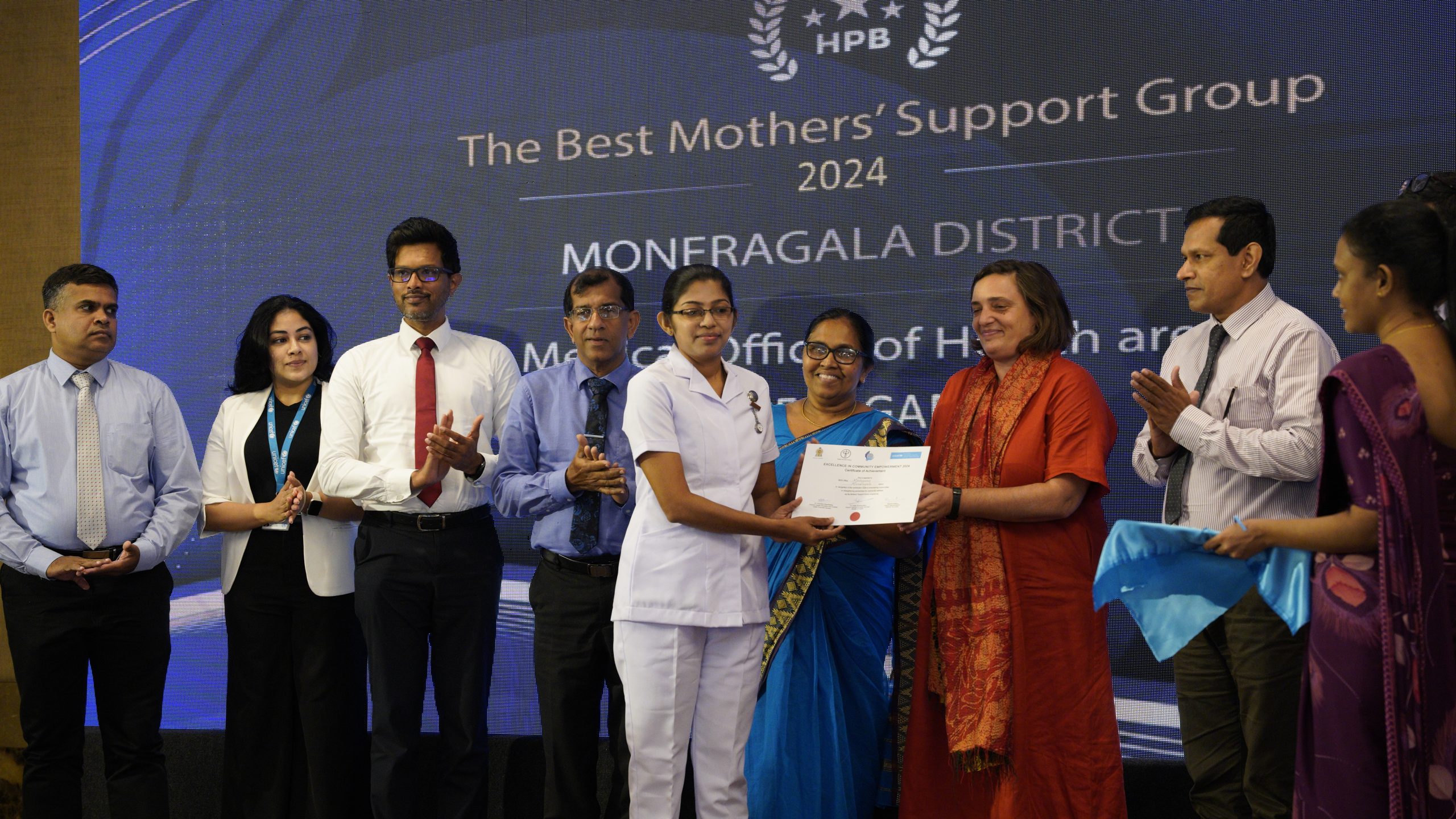
Conducting Annual national review of mothers’ support groups activities,
Mothers' Support Groups (MSGs) are community-based organizations established at the grassroots level with the primary aim of improving nutrition and promoting healthier behaviors. Technical guidance for these MSGs is provided by the Health Promotion Bureau (HPB), while facilitation and implementation at the field level are carried out by Public Health Midwives (PHMs) under the supervision of the Medical Officer of Health (MOH).
HPB conducts periodic monitoring, evaluation, and national-level accreditation of MSGs on an annual basis.
The most recent event was a successful two-day program held on December 13th and 14th, 2023, at the Taj Samudra Hotel in Colombo. During the event, success stories from each district were shared, and trophies and certificates were awarded to the best-performing MSG in each district.
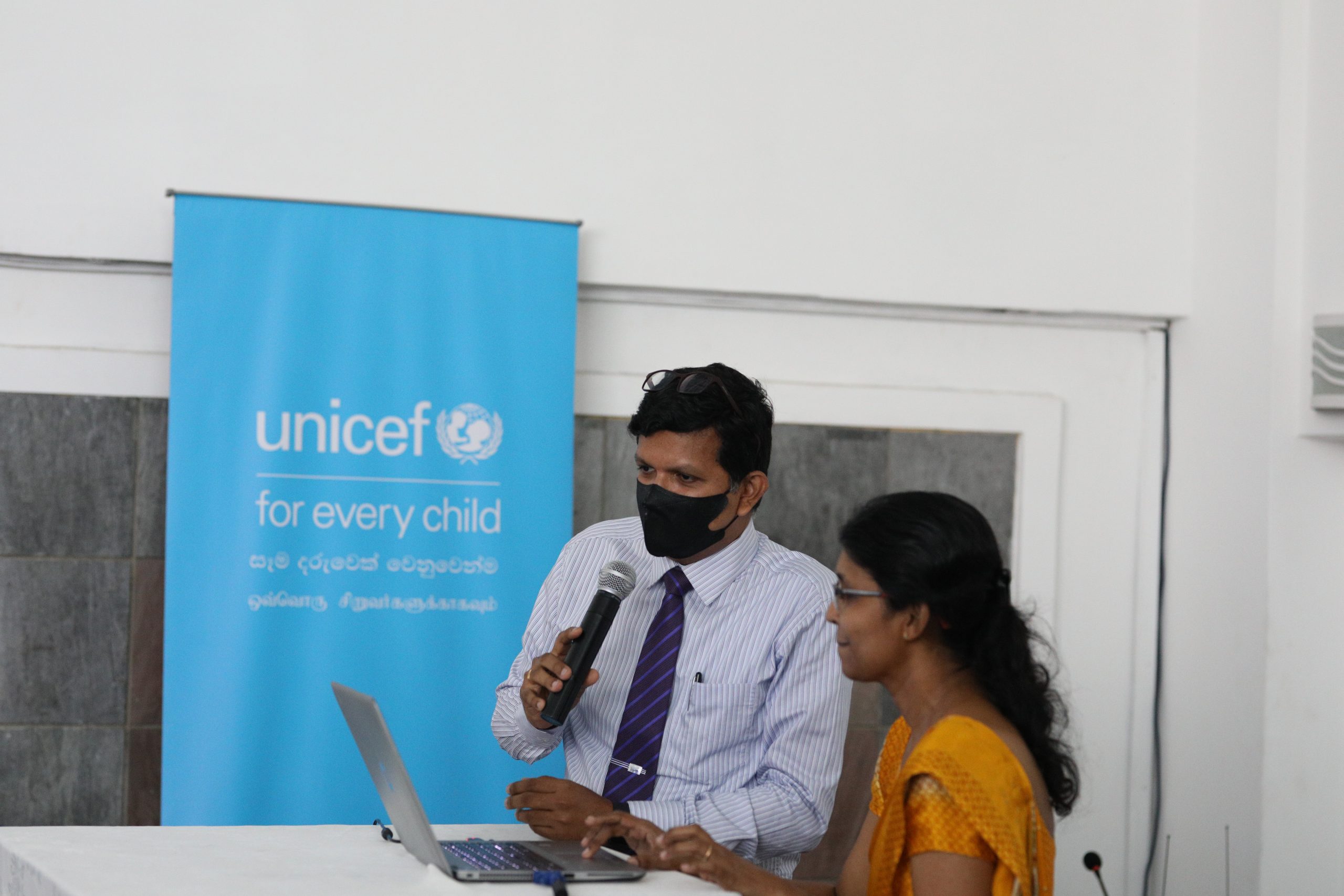
HEO Training and Advocacy Programme.
Mothers' Support Groups (MSGs) have been recognized as a well-established platform for enhancing social capital and serving as change agents in empowering communities through health promotion. In recognition of this, HPB developed an activity package aimed at delivering essential health and nutrition messages through a resource kit, which MSG members can use within their local neighborhoods.
To ensure uniformity in the dissemination of these messages, HPB organized a National Level Training of Trainers (TOT) workshop for all Health Education Officers (HEOs). This training was designed to equip HEOs with the necessary tools to communicate consistent health and nutrition messages to MSG members, who in turn relay the information to their communities with the support of public health staff at the MOH level.
The two-day workshop took place successfully on February 21st and 22nd, 2024, at Global Tower, Marine Drive, Colombo 06.
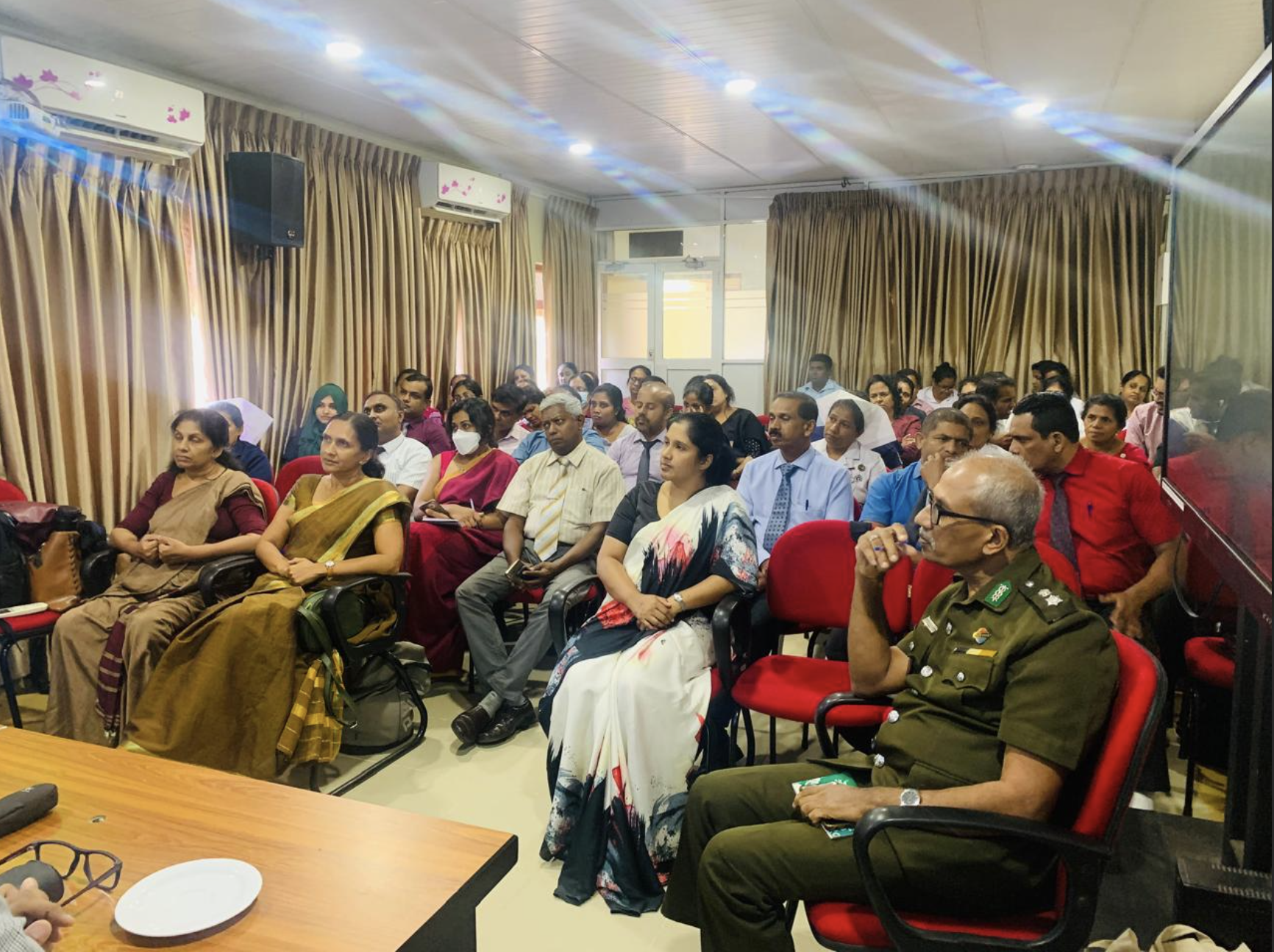
Training and Advocacy programs and regular reviews on mothers’ support groups at the district level
In 2024, HPB made significant strides in establishing and strengthening Mothers' Support Groups (MSGs) through a comprehensive advocacy and training program, along with regular reviews in selected districts. The goal of this initiative was to enhance the effectiveness of MSGs by fostering multi-sectoral involvement and utilizing local human resources and logistical support. This approach aimed to create a robust communication platform that addresses the priorities and needs of the local community.
The following key events were successfully conducted as part of this effort:
Kandy District Advocacy Program: Held on October 4th, 2024, this program aimed to raise awareness and garner support for MSGs within the district.
Ratnapura District Training and Advocacy Program: On October 10th, 2024, HPB conducted a training session to equip local leaders and participants with the skills needed for the successful implementation of MSGs in the district.
Matara District Advocacy Program: On November 6th, 2024, HPB carried out an advocacy program to strengthen community involvement and ensure the MSGs effectively addressed health and nutrition priorities.
These programs are pivotal in building stronger MSGs and ensuring that the community's needs are met through better resource utilization and collaboration

Strengthening mothers’ support groups to improve health and nutrition at the community level
Strengthening mothers’ support groups to improve health and nutrition at the community level
Training and Advocacy program and regular reviews on mothers’ support groups at the district level
designed and distributed IEC material at the community level.
To enhance the effectiveness of existing Mothers' Support Groups (MSGs) and establish new ones with broad multi-sectoral involvement, HPB implemented a series of advocacy and training programs, along with regular reviews, in selected districts. These efforts are aimed at creating an effective communication platform to address the local community's priorities and needs by optimizing the use of local human resources and logistical support.
In 2024, HPB successfully conducted the following programs:
Kandy District Advocacy Program on October 4th, 2024
Ratnapura District Training and Advocacy Program on October 10th, 2024
Matara District Advocacy Program on November 6th, 2024
To further strengthen the MSGs and improve community health and nutrition, HPB developed and distributed a variety of Information, Education, and Communication (IEC) materials to the community. These resources were designed to support the work of MSGs and provide vital health and nutrition information at the grassroots level. The materials included:
“Apatath Mavu Havulak” Booklet (available in Sinhala and Tamil)
Flashcards (set of 23 cards with cover box in Sinhala and Tamil)
Mothers' Support Groups Handbook (in Sinhala and Tamil)
Food Plates (in Sinhala and Tamil)
Observation Checklist (in Sinhala and Tamil)
Evaluation Tools (in Sinhala and Tamil)
Notebooks (with and without a constitution)
Sticker Sets (in Sinhala and Tamil)
Low-Cost Nutrition Booklet (in Sinhala and Tamil)
These materials were designed to provide MSG members with the knowledge and tools needed to foster better health practices and nutrition within their communities. Through these initiatives, HPB aims to empower MSGs to be more effective in their role as agents of change in promoting community health and well-being
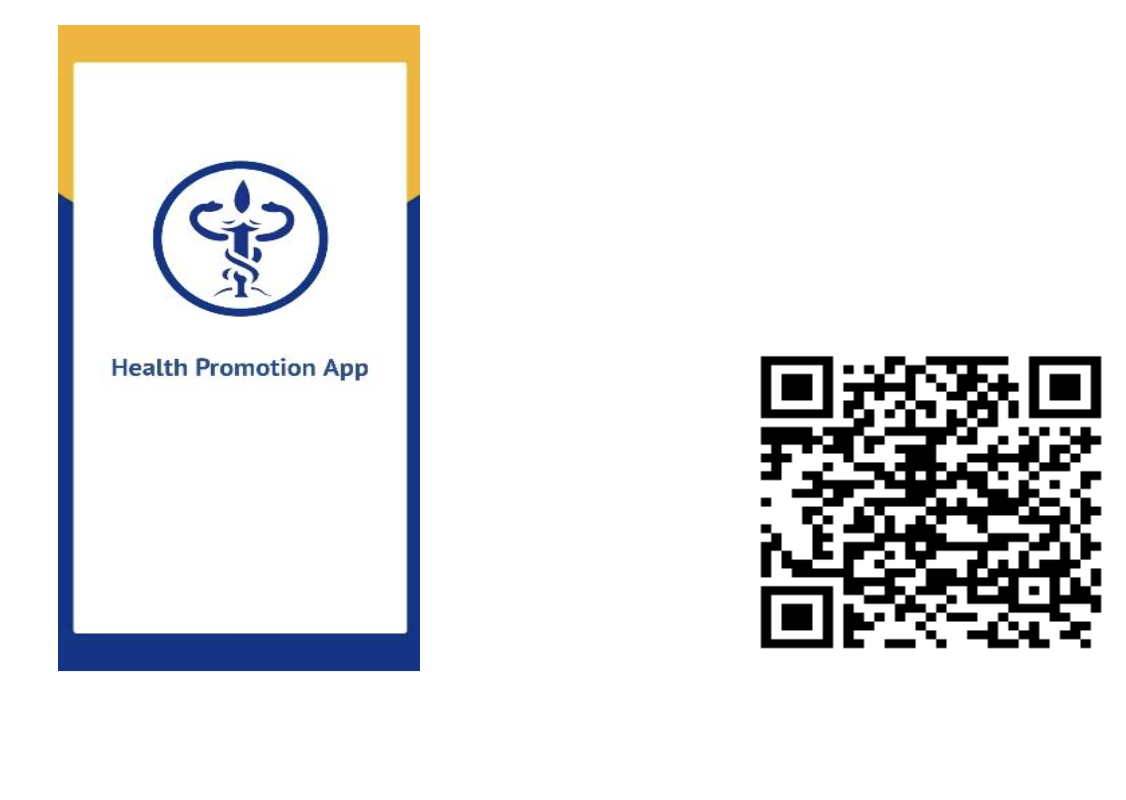
Develop and maintain a mobile app-based platform to monitor and evaluate MSG activities
The goal of developing the "Health Promotion App" was to capture and organize GIS-based data on mothers' support groups and other selected health promotion settings. The app was designed to include a dashboard that allows for the visualization and monitoring of activities conducted at the district level, while also enabling the evaluation of the types of activities carried out by each setting within the districts.
Established and maintained the communication platforms for MSGs’
HPB has established and maintains a communication platform that includes WhatsApp and a Facebook page dedicated to health promotion. They effectively convey health-related messages to various stakeholders, including MSGs, primary health staff, government and non-government officials, religious leaders, community leaders, and the general public. Additionally, these messages are disseminated through an SMS gateway to MSGs, ECDO, STD, and other community groups.

 සිංහල
සිංහල